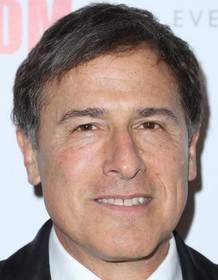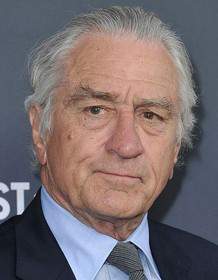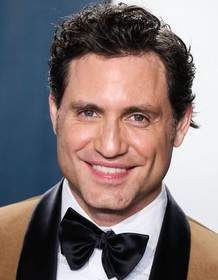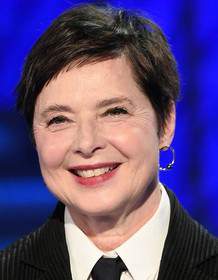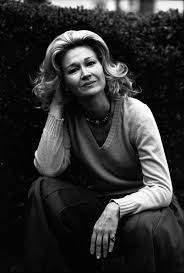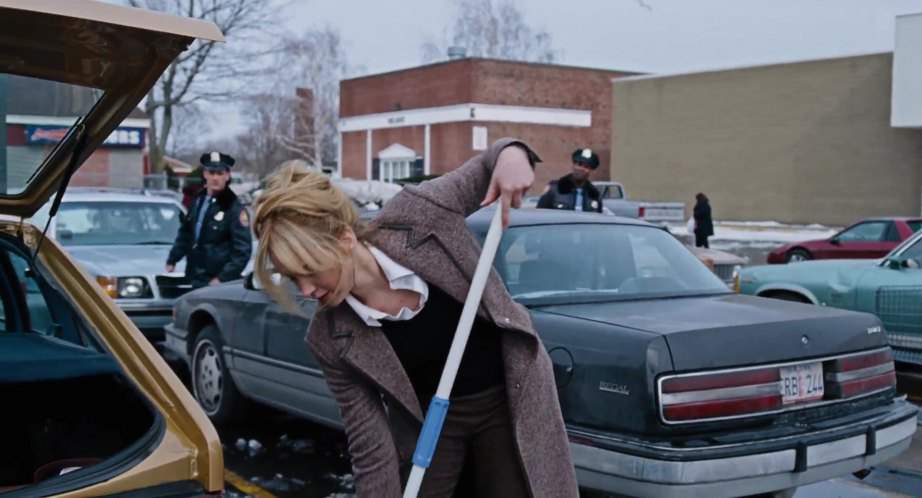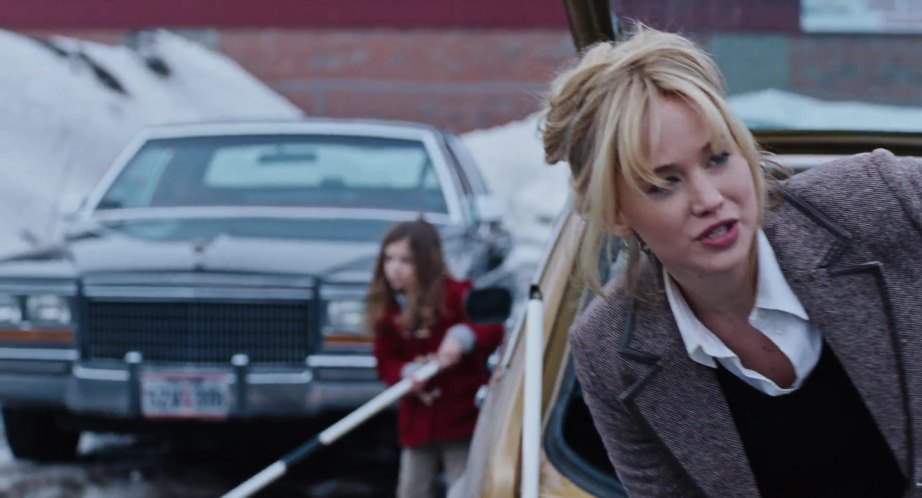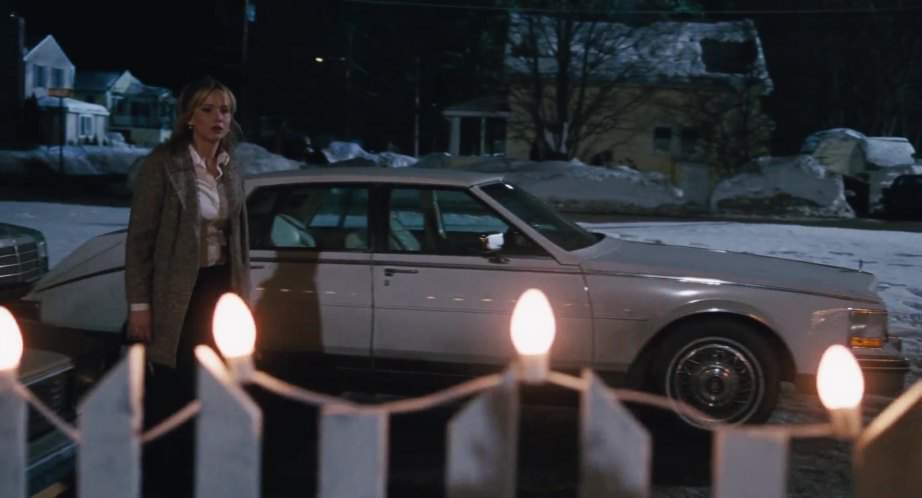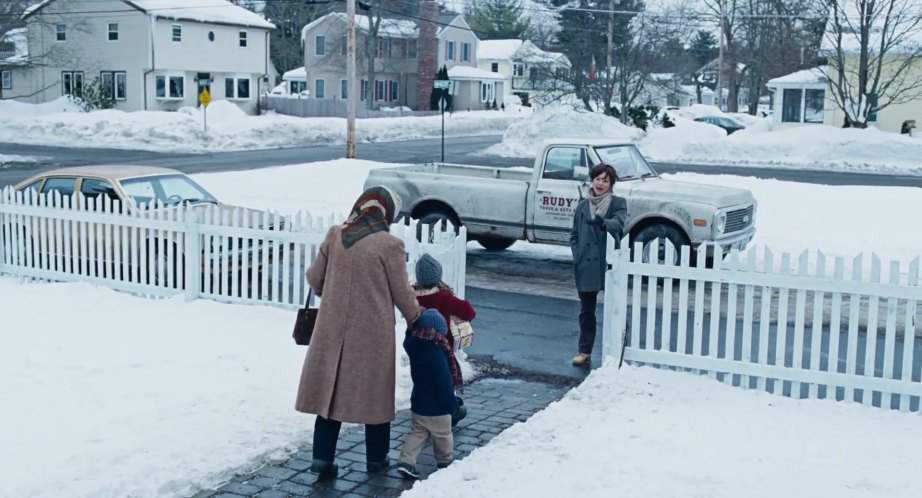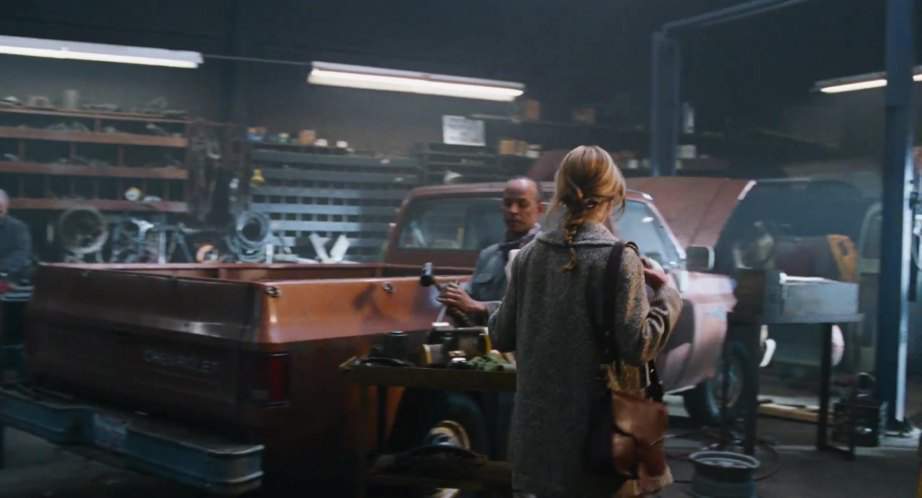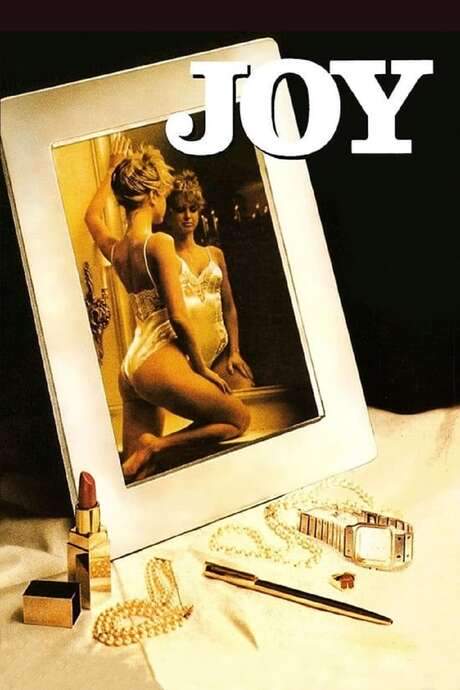Joy 2015

A driven and resourceful businesswoman recounts her tumultuous journey to build a thriving home shopping service. The story explores her complex relationship with her family, revealing past betrayals and the struggles she faced while forging alliances and navigating cutthroat business deals. Through love, loss, and unwavering determination, she rises to become a formidable force and ultimately defines her own success.
Does Joy have end credit scenes?
No!
Joy does not have end credit scenes. You can leave when the credits roll.
Meet the Full Cast and Actors of Joy
Explore the complete cast of Joy, including both lead and supporting actors. Learn who plays each character, discover their past roles and achievements, and find out what makes this ensemble cast stand out in the world of film and television.
External Links and Streaming Options
Discover where to watch Joy online, including streaming platforms, rental options, and official sources. Compare reviews, ratings, and in-depth movie information across sites like IMDb, TMDb, Wikipedia or Rotten Tomatoes.
Ratings and Reviews for Joy
See how Joy is rated across major platforms like IMDb, Metacritic, and TMDb. Compare audience scores and critic reviews to understand where Joy stands among top-rated movies in its genre.

56
Metascore
6.5
User Score


61%
TOMATOMETER

57%
User Score

6.6 /10
IMDb Rating

65
%
User Score

3.1
From 217 fan ratings

3.78/5
From 74 fan ratings
Take the Ultimate Joy Movie Quiz
Challenge your knowledge of Joy with this fun and interactive movie quiz. Test yourself on key plot points, iconic characters, hidden details, and memorable moments to see how well you really know the film.
Joy: The Journey of Innovation: Test your knowledge about the inspiring journey of Joy Mangano, a single mother turned successful inventor.
What is the name of the protagonist in the movie?
Joy Mangano
Terri
Mimi
Jackie
Show hint
Awards & Nominations for Joy
Discover all the awards and nominations received by Joy, from Oscars to film festival honors. Learn how Joy and its cast and crew have been recognized by critics and the industry alike.
88th Academy Awards 2016

21st Critics' Choice Awards 2016

Best Comedy Movie

31st Artios Awards 2016
Big Budget – Comedy
73rd Golden Globe Awards 2016
Best Motion Picture – Musical or Comedy

Full Plot Summary and Ending Explained for Joy
Read the complete plot summary of Joy, including all major events, twists, and the full ending explained in detail. Explore key characters, themes, hidden meanings, and everything you need to understand the story from beginning to end.
In 1989, Joy Mangano (Jennifer Lawrence), a divorced mother of two, struggles to make ends meet while working as a booking clerk at Eastern Airlines. She shares a cramped house in Quogue, New York, with her two young children, her mother Terri (Virginia Madsen), her grandmother Mimi (Diane Ladd), and her ex-husband Tony (Édgar Ramírez). The dynamic is tense, as Joy’s father Rudy (Robert De Niro) and mother are divorced and can’t seem to be in the same room without erupting into conflict. Adding to her woes, Joy faces constant societal pressures from her overachieving half-sister Peggy (Elisabeth Rohm), who embarrasses Joy in front of her kids.
While Terri spends her days indulging in soap operas, leaving Joy to juggle household chores, only Mimi and Joy’s best friend Jackie (Dascha Polanco) truly encourage Joy’s ambitions as an inventor. Despite having shown creative potential from a young age, Joy feels trapped in her chaotic family life and longs for independence. As a child, she had even designed a dog collar and a flea collar, but lacked the guidance to pursue patents.
The household is overly dependent on Joy’s meager contributions, with Rudy managing a garage that Joy assists with financially, while Peggy lends a hand in the business too. The situation grows more complicated as Tony, a former singer, shares the basement with Rudy. Initially drawn to Tony’s dreamer persona, Joy soon finds herself overwhelmed as they welcome two children into a life where Tony proves to be often absent and intoxicated, leading to their eventual divorce.
As if the situation couldn’t worsen, after divorcing his third wife, Joy’s father begins dating Trudy (Isabella Rossellini), a wealthy widow with business acumen. During a trip on Trudy’s boat, a mishap with a glass of red wine results in Joy injuring her hands—a pivotal moment that sparks the inspiration for a self-wringing mop. With the help of staff at her father’s garage, she advances her prototype and persuades Trudy to invest in this product, setting the stage for her entrepreneurial journey.
However, Peggy, ever the skeptical sister, questions Joy’s business acumen, arguing that her own decade of experience in the garage makes her more competent. Yet, Trudy connects Joy with a patent attorney who uncovers a potential legal quagmire involving a similar mop design owned by a company in Hong Kong. To thwart a possible lawsuit, Joy pays a hefty sum in royalties, but the ensuing chaos only intensifies when manufacturing flaws lead to increased bills.
Joy struggles to gain traction for her product as retailers resist carrying it, preferring to offer less reliable mops that necessitate repeat purchases. After a humiliating attempt to showcase her invention outside K-Mart, she is motivated to seek a new advertising avenue.
Through Tony’s connections, she meets Neil Walker (Bradley Cooper), an executive at QVC. Impressed by her vision, Neil convinces her to manufacture 50,000 mops. To finance this production, Joy takes out a second mortgage on her home, despite the prior failures of infomercials. When the first TV spot flops, Joy pleads with Neil for another chance, emphasizing her precarious financial position. Fortunately, Joy’s television debut turns her product into a sensational success, aided by Jackie’s timely call during her broadcast that helps her regain her composure.
As Joy’s fortunes begin to shift, her grandmother’s sudden death and ensuing complications with family dynamics threaten to derail her progress. Peggy escalates the financial drama by paying unauthorized charges to the manufacturer, putting Joy’s business at risk. Frustrated, Joy travels to California to confront the manufacturing contractor about the discrepancies and discovers fraudulent activities that have plagued her dealings from the start.
With tenacity, Joy navigates through the tangled web of contracts, ultimately reclaiming her molds and securing funds that validate her rights. The culmination of her struggles leads her to ample success as she becomes a prolific inventor with a portfolio of over 100 patents. In the end, even if family tensions remain—particularly as Rudy and Peggy contest her ownership of the company—Joy rises to champion her own narrative, helping to inspire future generations of inventors, including a young mother she mentors.
Uncover the Details: Timeline, Characters, Themes, and Beyond!

Coming soon on iOS and Android
The Plot Explained Mobile App
From blockbusters to hidden gems — dive into movie stories anytime, anywhere. Save your favorites, discover plots faster, and never miss a twist again.
Sign up to be the first to know when we launch. Your email stays private — always.
Watch Trailers, Clips & Behind-the-Scenes for Joy
Watch official trailers, exclusive clips, cast interviews, and behind-the-scenes footage from Joy. Dive deeper into the making of the film, its standout moments, and key production insights.
Cars Featured in Joy
Explore all cars featured in Joy, including their makes, models, scenes they appear in, and their significance to the plot. A must-read for car enthusiasts and movie buffs alike.
Joy Themes and Keywords
Discover the central themes, ideas, and keywords that define the movie’s story, tone, and message. Analyze the film’s deeper meanings, genre influences, and recurring concepts.
Joy Other Names and Titles
Explore the various alternative titles, translations, and other names used for Joy across different regions and languages. Understand how the film is marketed and recognized worldwide.
Similar Movies To Joy You Should Know About
Browse a curated list of movies similar in genre, tone, characters, or story structure. Discover new titles like the one you're watching, perfect for fans of related plots, vibes, or cinematic styles.
Quick Links: Summary, Cast, Ratings, More

What's After the Movie?
Not sure whether to stay after the credits? Find out!
Explore Our Movie Platform
New Movie Releases (2026)
Famous Movie Actors
Top Film Production Studios
Movie Plot Summaries & Endings
Major Movie Awards & Winners
Best Concert Films & Music Documentaries
Movie Collections and Curated Lists
© 2026 What's After the Movie. All rights reserved.



